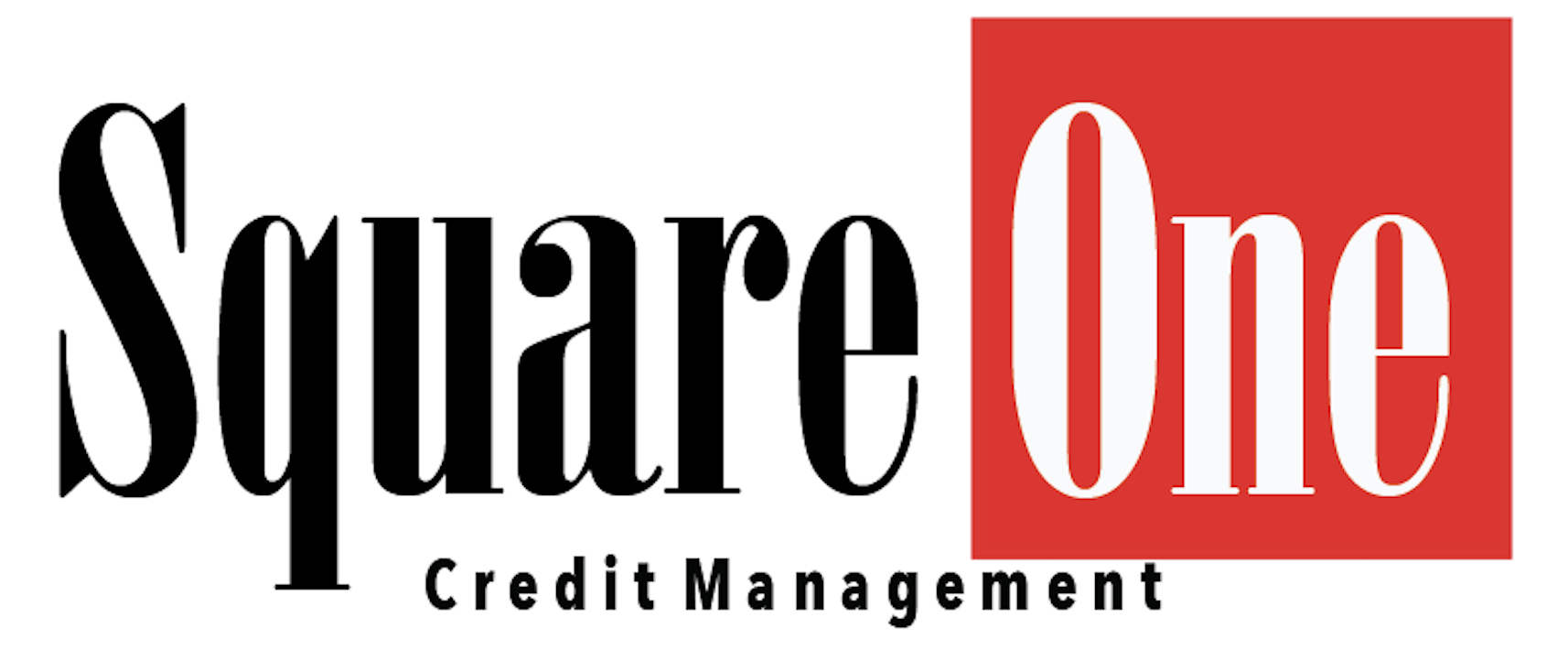
How Can Layaway Impact My Credit?
Layaway was once an extremely popular way for people to pay for more expensive items without having to take out a loan or a line of credit beforehand. As credit became more widely available, and when credit became available to women who were the primary shoppers for their households and may have previously used layaway for big purchases, it became a less popular option. However, many major retailers have brought back the layaway concept. Understanding what it is and if and when it can impact your credit score is an important part of financial literacy.
What Is Layaway?
Layaway is a program where a buyer puts down a deposit on an item, makes timely payments on the item, and, when payments are complete, is able to get the item from the store. It is not a credit program, because the purchaser
does not actually get the item until all payments are made. However, it does allow a purchaser to secure an item before they have the total purchase price. Each store will have its own terms and conditions for layaway, including any fees for layaway, which should be explicitly stated in any layaway agreement.
What Stores Offer Layaway?
Many smaller stores may offer layaway programs, but big retailers offer it as well. Walmart, Baby Depot, Big Lots, Burlington Coat Factory, GameStop, Kmart, Hallmark Gold Crown, Sears, Marshalls, and T.J. Maxx are some of the big chains that offer layaway services, however it may not be available in all store locations or year-round. Many retailers offer layaway specifically for holiday purchases.
Can Layaway Impact My Credit?
Generally, no. Stores will not usually run a hard credit inquiry when putting items on layaway and will not report failure to finish payments to your credit. However, every store’s layaway program differs and it is important to read the terms and conditions of a program before you enter into any layaway agreements.
That said, layaway could be a missed opportunity to build your credit. Using holiday 2020 as an example, if you decided to take advantage of a store’s layaway program to purchase one of the highly-prized PS5 game systems, you could have made your payments as soon as preorders were available and scheduled your pickup of the system anywhere from the November 12th release date to Christmas Eve. You also could have placed that same system on a low-interest credit card and made equal payments on it during that same time period. The amount of interest paid would have been minimal, probably close to a store’s layaway fee, and it would have helped build up your credit score.
Are There Downsides to Layaway?
The real risk of layaway comes if you are unable to make a full payment on its scheduled date. In many instances, this means that you will lose the item; it is re-shelved and no longer reserved for you. If the item was a “hot toy” for a holiday season or similar high-demand item, this can be a real drawback. However, stores are generally going to return any money that you paid for the item, minus any of the fees or non-refundable deposits that they may charge for their layaway program.
Conclusions
Layaway can be a great way to make purchases, especially if your credit is subprime or if you are worried about your ability to stick to a holiday budget if you use credit. However, unlike making timely credit card payments, paying off an item in layaway does not help build your credit score.
